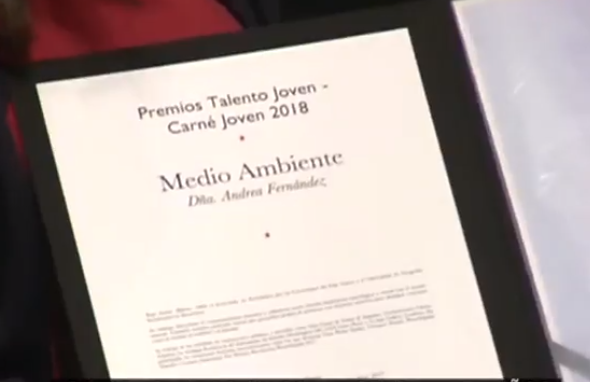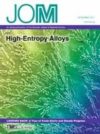
IMDEA Materials in the Fair Madrid for Science and Innovation.
From the 28th to the 31st of March, the Fair Madrid for Science and Innovation will be held at the Trade Fair Institution of Madrid (IFEMA) within the framework of the education week. IMDEA Materials participates actively in this important





